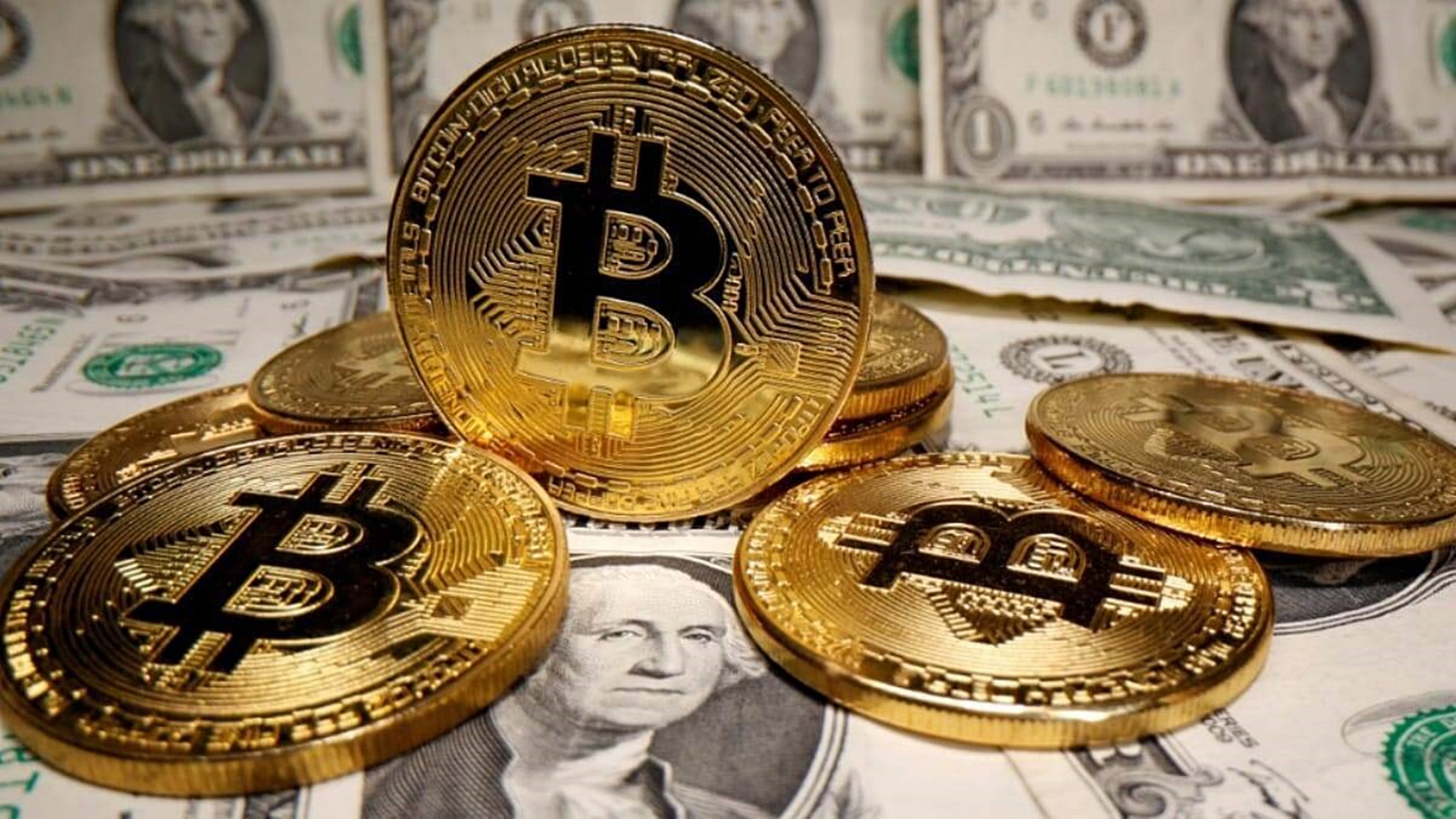Summary:
President Bukele declares El Salvador will self-finance its 2025 budget without issuing debt.
Economic independence is a key focus as the country utilizes its own resources.
The announcement reflects confidence in Bitcoin as a pivotal part of El Salvador's economic strategy.
El Salvador's Financial Strategy
In a bold statement, President Nayib Bukele announced that El Salvador will self-finance its budget for the year 2025 and will not issue any debt, declaring, "we won't issue even a cent" of debt. This approach marks a significant shift in the country's financial strategy, which has been under scrutiny since its adoption of Bitcoin as legal tender.
Background
El Salvador has been in the spotlight since it became the first country to adopt Bitcoin as a legal currency in September 2021. This decision aimed to promote financial inclusion and stimulate the economy, but it has also faced criticisms and concerns about potential risks.
Key Points from Bukele's Announcement
- Self-Financing: Bukele emphasized that the country will utilize its own resources to meet budgetary needs, avoiding reliance on external debt.
- Economic Independence: This move is seen as a step towards greater economic independence for El Salvador, particularly in the context of its previous financial struggles.
- Confidence in Bitcoin: Bukele's administration continues to express confidence in the long-term viability of Bitcoin, suggesting it will play a crucial role in the country’s economic future.
Implications
This announcement could have significant implications for El Salvador's economy and its relationship with international financial institutions. By choosing not to issue debt, the government aims to showcase its commitment to fiscal responsibility and economic stability, potentially attracting more investment into the country.

As the situation develops, many are watching closely to see how this strategy unfolds and impacts the nation's financial landscape.




:max_bytes(150000):strip_icc()/BTCUSDChart-183b2dc172664a9290ef2a50c1429900.gif)




Comments